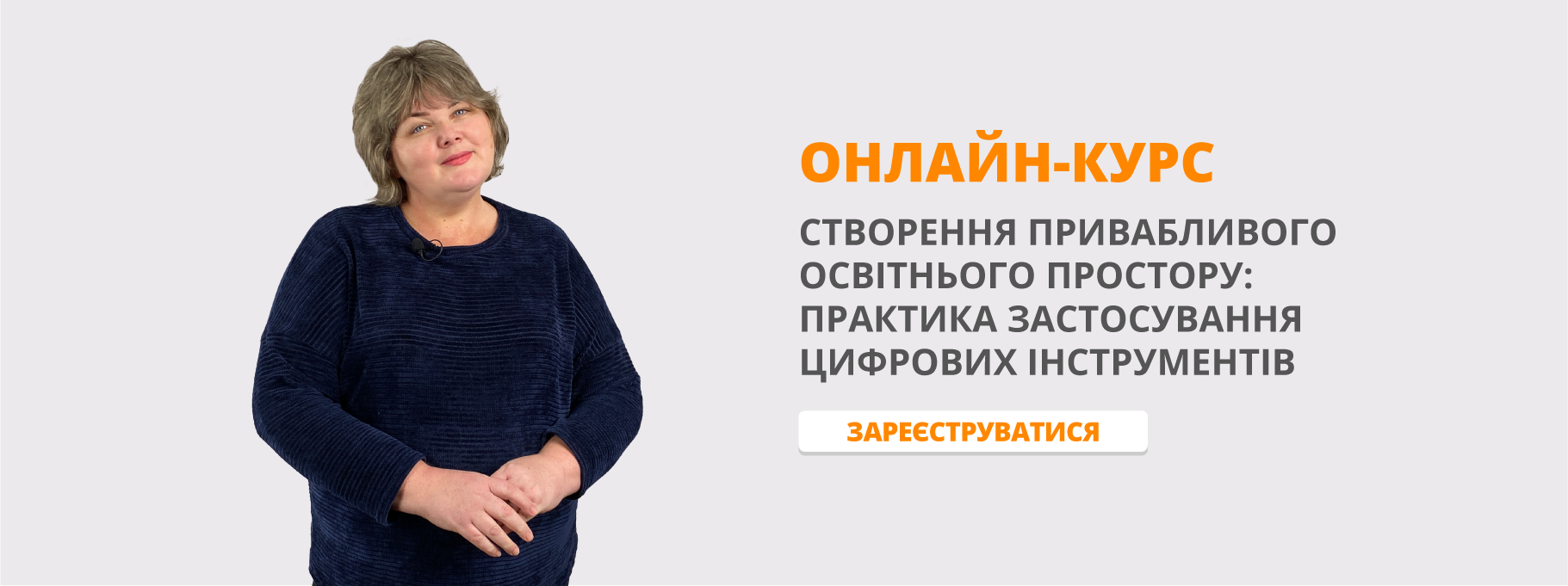Матеріал до уроку "Learning a language"
Цей матеріал може допомогти вам у вивченні мови.
Мета:
• вдосконалювати вміння усного мовлення.
• поглибити знання учнів про методи вивчення мови
• розвивати навички читання з метою загального розуміння тексту
• розвивати мовну здогадку та мовленнєву реакцію
• розвивати навички самостійної роботи з матеріалом
• виховувати в учнів вміння творчо та логічно мислити
Learning a language
I. Read the article about learning a language. Match the headings (A–E) with the paragraphs (1–5).
A lot of websites say they have the secret to learning a new language. I haven’t found a secret way but here is my advice:
(1) ………………………………………………..
Live in another country for a couple of months. Stay with a family so you have lots of opportunities to practise. You definitely shouldn’t go with friends. I went to Mexico with an English friend and we didn't practise our Spanish, we just spoke English.
(2) ………………………………………………..
Speaking is difficult for many learners but you don’t have to go to another country. You can chat to people online. Look for a website where you can find people the same age and with the same interests to talk to.
(3) ………………………………………………..
There’s no easy way to learn a language and hard-working students always learn the most. I try to do two to three hours of study every day.
(4) ………………………………………………..
Think about the words that you use most in your own language. Then use a dictionary to find out what they are in the language you’re studying. Try to learn from eight to ten new words every day. In two weeks you can learn 100 new words.
(5) ………………………………………………..
We learn from our mistakes so you mustn’t worry about making them. In English there’s an expression: ‘practice makes perfect’!
A Study hard D Talk to people!
B Spend time in another country E Learn the most useful words first
C Don’t worry about making mistakes
II. Are these statements True (T), False (F) or is the information Not Mentioned (NM)?
1 The writer knows a secret way to learn a language. T/F/NM
2 It’s a bad idea to stay with friends in another country. T/F/NM
3 A lot of learners go to another country to learn a language. T/F/NM
4 The writer thinks you have to work hard to learn a new language. T/F/NM
5 Decide what the most important words in your language are. T/F/NM
6 You shouldn’t use a dictionary to find out all the new words. T/F/NM
7 The writer thinks we don’t learn if we don’t make mistakes. T/F/NM
III Answer these questions.
1 What happened when the writer went to Mexico with a friend?
2 Where can you find people to practise speaking?
3 How many hours does the writer spend studying languages?
4 How often should you learn new words?
The key:
I. 1 B 2 D 3 A 4 E 5 C
II.
1 F
2 T
3 NM
4 T
5 T
6 F
7 NM
III.
1 He / She just spoke English.
2 online / on websites / on the internet
3 2–3 hours a day
4 every day


про публікацію авторської розробки
Додати розробку
